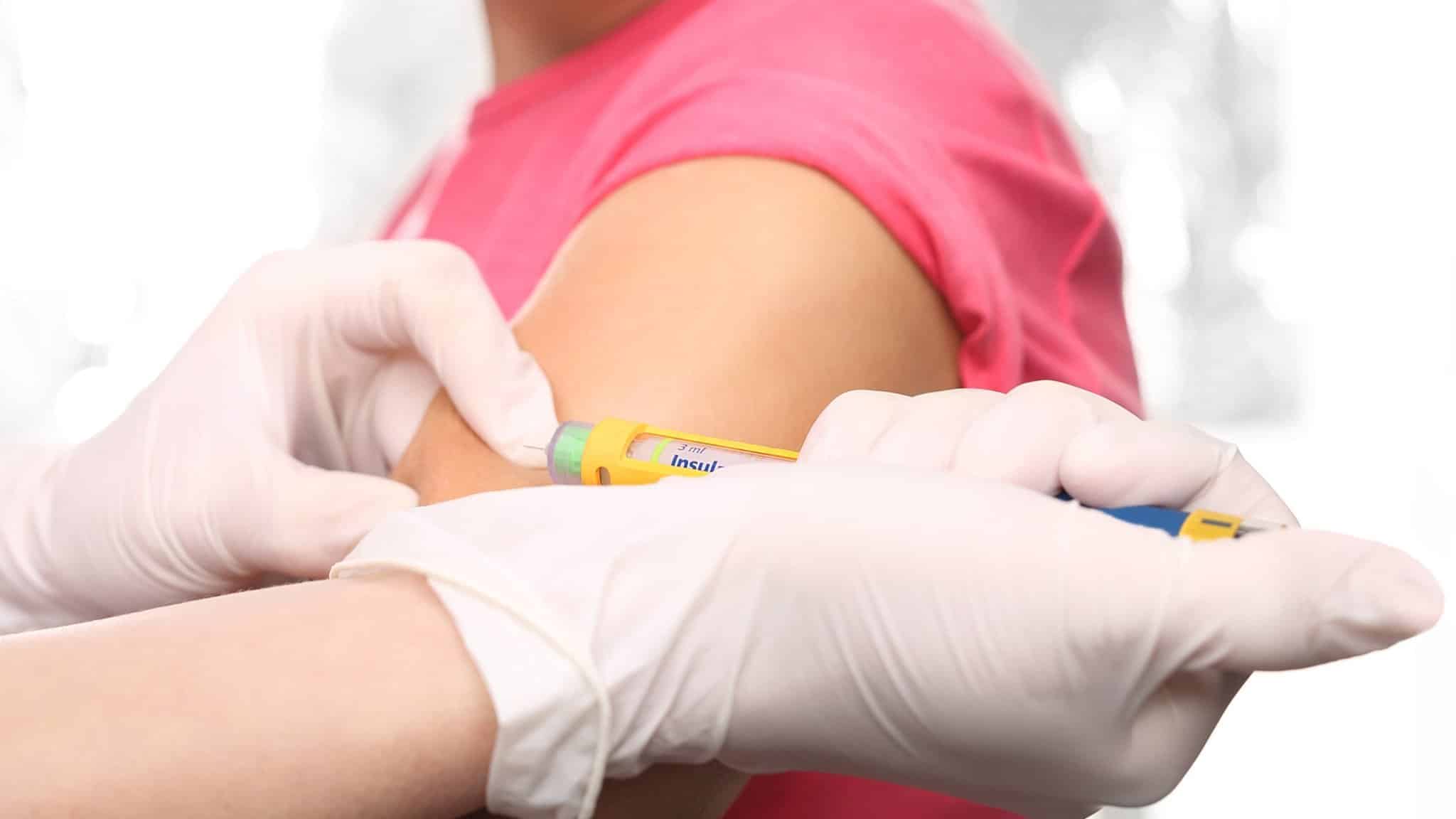In a landmark study, researchers compared immunotherapy based treatment for type 1 diabetes with placebo and showed that the novel immune treatment can stop the progression of type 1 diabetes. The immune therapy was also deemed safe among subjects.
Around 1.25 million Americans are living with type 1 diabetes and 40,000 new cases are detected each year.
Immunotherapies aim to modulate a person’s immune system, usually to relieve autoimmune conditions such as multiple sclerosis, rheumatoid arthritis or lupus. Type 1 diabetes is also an autoimmune disorder, in which the immune system’s T-cells mistakenly attack the pancreas’s insulin-producing beta cells.
But no immunotherapy had proven safe for treating the condition – let alone stopped it in its tracks.
In a small but rigorous clinical trial, British investigators gave patients recently diagnosed with the metabolic disorder a truncated version of the chemical that gives rise to insulin.
At Cardiff University and King’s College London, researchers led by Dr. Mohammad Alhadj Ali isolated a compound called a proinsulin C19 A3 peptide. A fragment of the chemical that gives rise to insulin, the peptide (known to chemists by the catchy moniker GSLQPLALEGSLQKRGIV) is called an epitope.
Over the trial’s 12-month duration, eight newly diagnosed diabetic subjects who
got a placebo treatment required steadily increasing insulin doses to maintain glycemic control. As their immune systems progressively destroyed the pancreatic cells that normally produce the essential hormone, their daily insulin use grew on average 50%.The 19 subjects who got the experimental immunotherapy, however, continued to produce their own insulin. Among the subjects who got the experimental immunotherapy, the need for added shots of the hormone did not escalate in the year following their diagnosis.
The different metabolic trajectories of subjects in the trial’s control group and its active arm were evident at three months — the earliest point at which a surrogate marker for insulin production was measured.
The report of the early-stage clinical trial, published in the journal Science Translational Medicine, offers some preliminary reassurance that immunotherapy could be used safely in this growing population.
“We’re looking at a drug that could be usable in five to 10 years, if everything goes well,” says Mark Peakman from King’s College London, who worked on the project. Ideally, the drug would be given to children who start developing the condition, and possibly to individuals with a high genetic risk for type 1 diabetes.
“The fact that this small study, designed to assess safety, suggests there may be a beneficial outcome is exciting, as we desperately need safe immune interventions that can prevent the decline of the patient’s own insulin secretion in type 1 diabetes,” says Andrew Hattersley at the University of Exeter.
The incidence of type 1 diabetes in Europe has been rising by about 4 per cent each year, particularly in children and teenagers, although it is unclear why. “It’s something to do with our modern lifestyle, but there are 20 or so theories at least,” says Peakman.



























